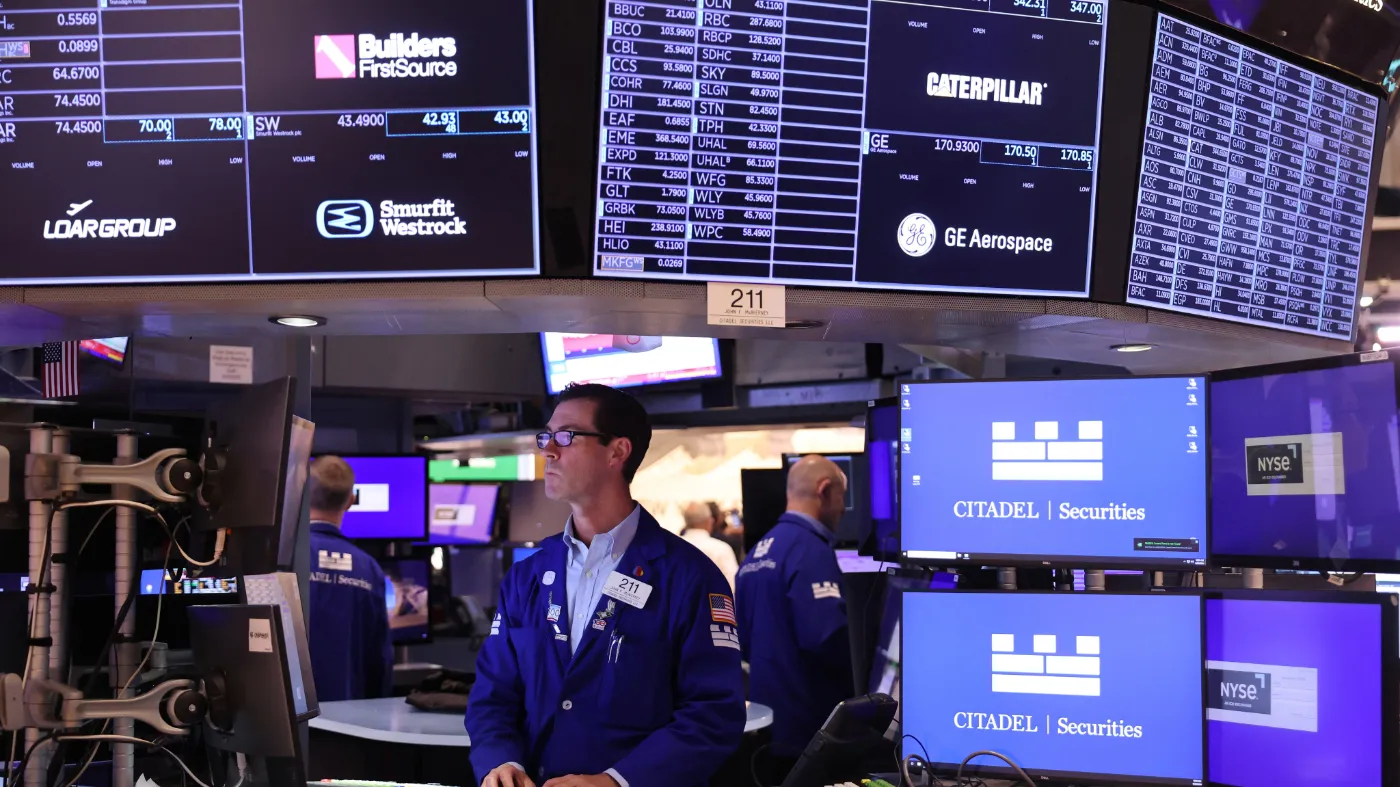Trade Sanctions, Ukraine War, and Elections: Navigating Dollar and Interest Rate Risks

Political Turmoil and Economic Impacts
Trade sanctions will continue to shape the economic landscape, especially as tensions rise in the Middle East and the Ukraine war progresses. Political uncertainty is expected to escalate in the coming months, primarily due to the upcoming U.S. elections where candidates like Donald Trump and Kamala Harris are vying for the presidency.
Middle East Conflicts Influence
The conflicts in the Middle East, particularly the turmoil involving Hamas and Hezbollah, alongside Iran's potential retaliation, threaten to disrupt financial markets. Economic analysts warn of possible significant shifts, especially concerning oil prices and supply routes.
Ukraine War and its Global Ramifications
- The ongoing Ukraine war remains a pivotal geopolitical issue, with potential escalations affecting global natural gas markets.
- Vladimir Putin's position is increasingly threatened by Ukraine's advances, leading to uncertainty in international markets.
- Political instability may trigger volatile markets, warranting investments in traditional safe havens like gold.
The Dollar and Interest Rates Under Pressure
Despite being regarded as a safe haven, the dollar might face challenges due to the current political climate and deteriorating public finances in the U.S. Central banks could push for interest rate cuts, affecting both short-term and long-term borrowing costs.
In summary, as trade sanctions, the Ukraine war, and political uncertainties loom large, these elements are pivotal for understanding the shifting landscape of the global economy. Financial stakeholders should stay attuned to these developments for prudent investment strategies.
This article was prepared using information from open sources in accordance with the principles of Ethical Policy. The editorial team is not responsible for absolute accuracy, as it relies on data from the sources referenced.